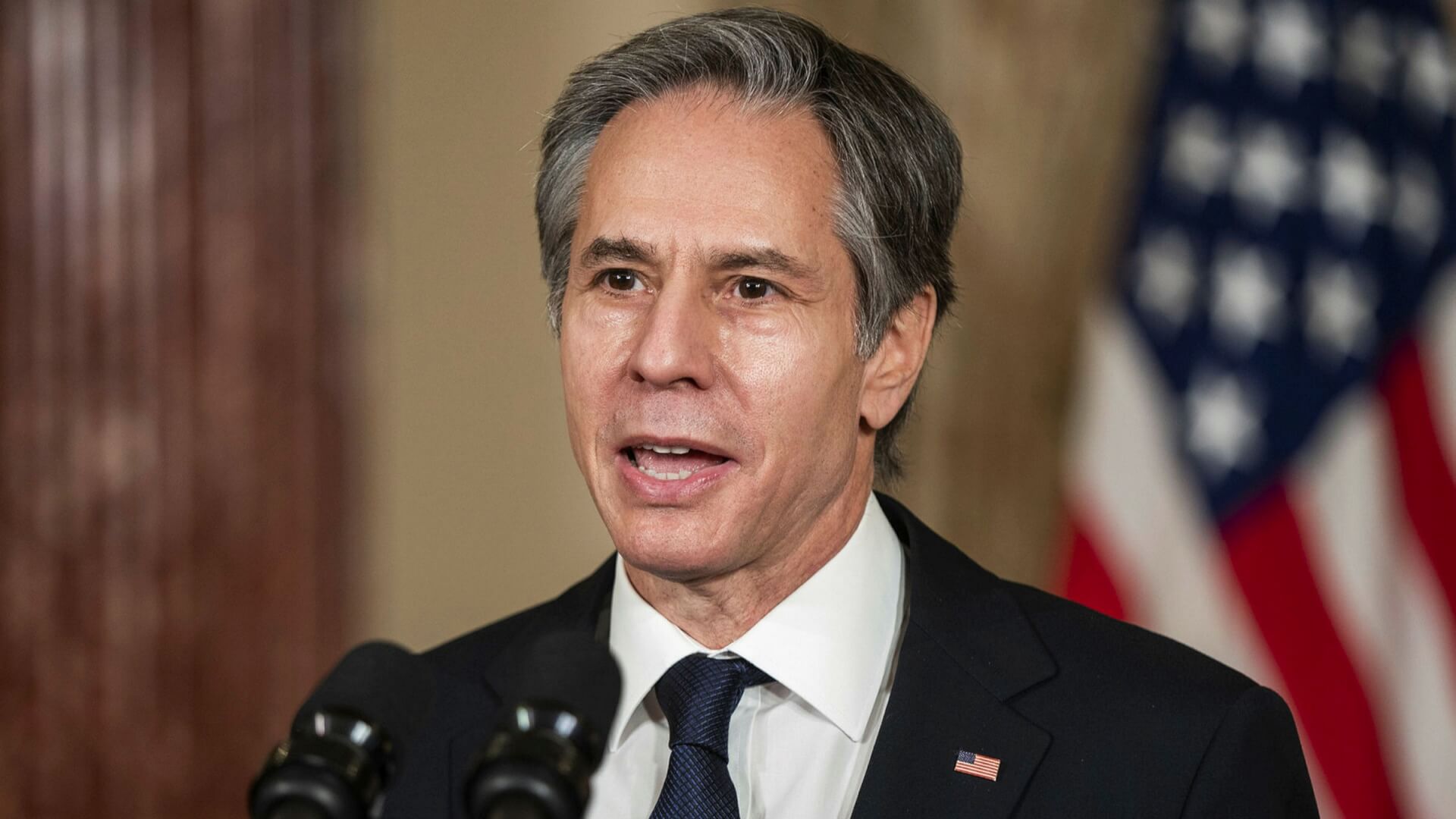The United States (US) has said that the ongoing nuclear negotiations in Vienna between Iran and world powers have been suspended because Tehran does not seem to be serious about its commitments to restrict its nuclear programme.
A senior State Department official said on Saturday that Iran is continuing to “accelerate” its nuclear programme “in particularly provocative ways.” The official was referring to the International Atomic Energy Agency’s (IAEA) report that the Islamic Republic is using highly advanced centrifuges to double its uranium enrichment capacity at the underground Fordow nuclear facility.
Last week, the IAEA accused Iran of enriching uranium to 20% purity using a cluster of 166 advanced IR-6 machines at Fordow amid ongoing talks to salvage the 2015 nuclear deal. IAEA chief Rafael Grossi called Iran’s moves troubling and said that it could imperil efforts to revive the deal.
Also Read: Restoring the Iran Nuclear Deal to its 2015 Format is Pointless
The US official stated that Iran is also walking back on all compromises it floated during the sixth round of talks in June. He argued that Tehran has not tabled any proposals of its own and is intentionally “stonewalling” the talks, while at the same time continuing to advance its nuclear programme.
“We can’t accept a situation in which Iran accelerates its nuclear program and slow walks its nuclear diplomacy,” he stated, adding that the situation is not ideal for resuming dialogue. “The world is prepared […] to engage economically [and] diplomatically with Iran. But for that, Iran has to show seriousness at the table and be prepared to come back,” he noted.
These sentiments were echoed by US Secretary of State Antony Blinken on Friday. “What we’ve seen in the last couple of days is that Iran right now does not seem to be serious about doing what's necessary to return to compliance, which is why we ended this round of talks in Vienna,” Blinken said. He did not give a timeframe for when talks may resume.
Moreover, Blinken warned that “if the path to a return to compliance with the agreement turns out to be a dead-end, we will pursue other options,” stopping short of mentioning what they could be.
The West has expressed concerns over the recent nuclear moves by Tehran and said that Iran is acting in bad faith. The US and the European Union (EU) have accused Iran of violating its commitments under the JCPOA and of taking escalatory measures that have resulted in a “nuclear crisis.”
The IAEA reported that Iran has been enriching uranium to 60% fissile purity, closer to the weapons-grade level of 90%. The 2015 deal stated that Iran could only enrich uranium up to 3.67% for the next 15 years. Tehran has also been restricting IAEA officials from accessing its nuclear facilities, which is another violation of the JCPOA.
Prime Minister Naftali Bennett:
— Prime Minister of Israel (@IsraeliPM) December 5, 2021
"I call on every country negotiating with Iran in Vienna to take a strong line and make it clear to Iran that it is impossible to negotiate and enrich uranium at the same time."
Full remarks >>https://t.co/nXmcrdTvNZ pic.twitter.com/ssy6S0edDk
Israel has also called on the US not to resume nuclear talks with Iran unless Tehran takes visible steps to suspend its enrichment of uranium. “This is precisely the time to use a different toolkit against Iran’s galloping forward in the enrichment sphere,” Israeli Prime Minister Naftali Bennett said on Sunday during a weekly cabinet meeting. Noting that “bad deal with the Iranians will have implications for our national security,” Bennett stressed that “Iran must start paying for its violations.”
Last week, Iran and world powers resumed the seventh round of nuclear negotiations in Vienna to restore the JCPOA after Iran abruptly ended talks in June. Tehran has demanded that Washington remove all sanctions and guarantee that it will never withdraw from the deal once signed.

